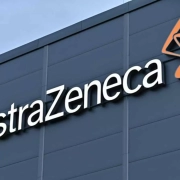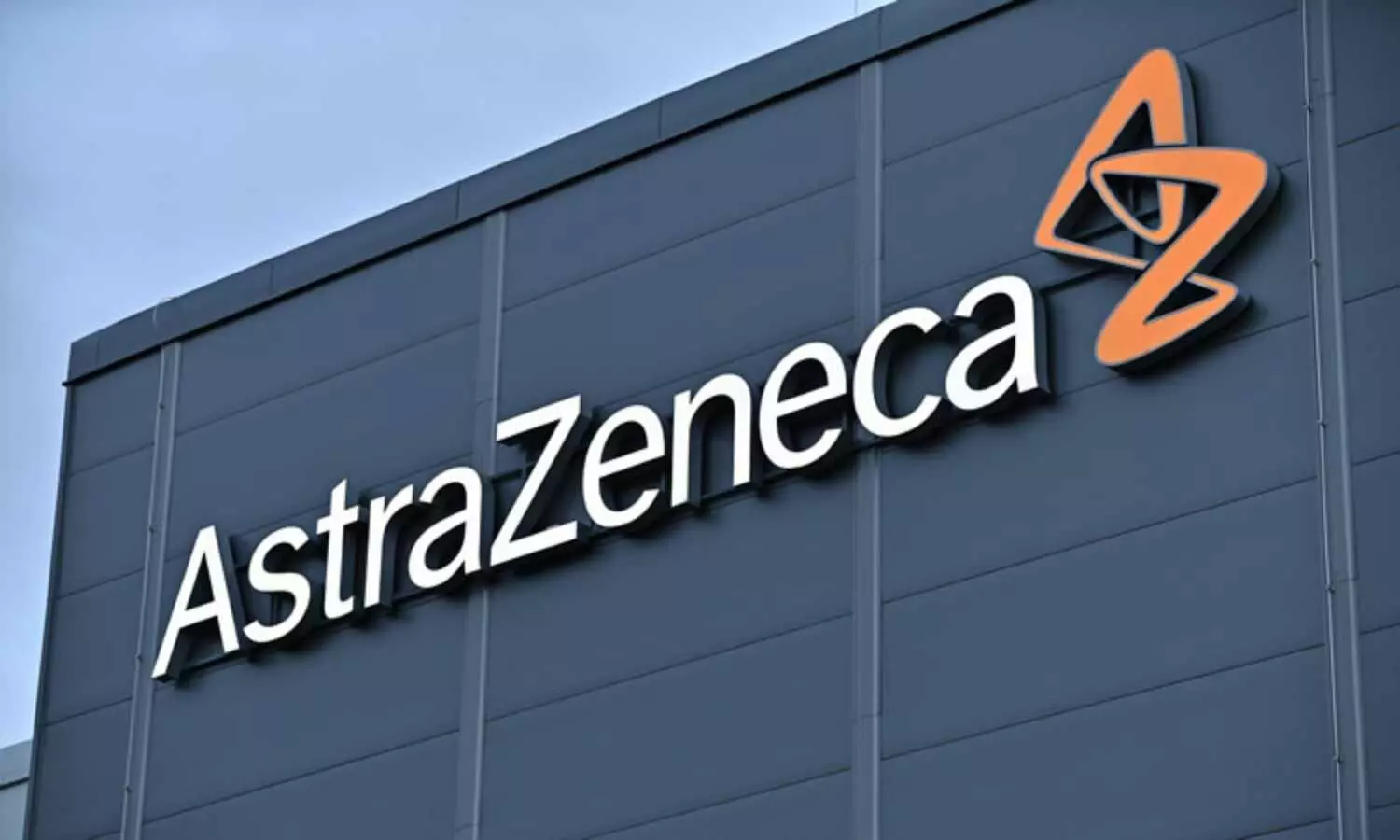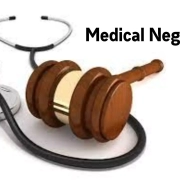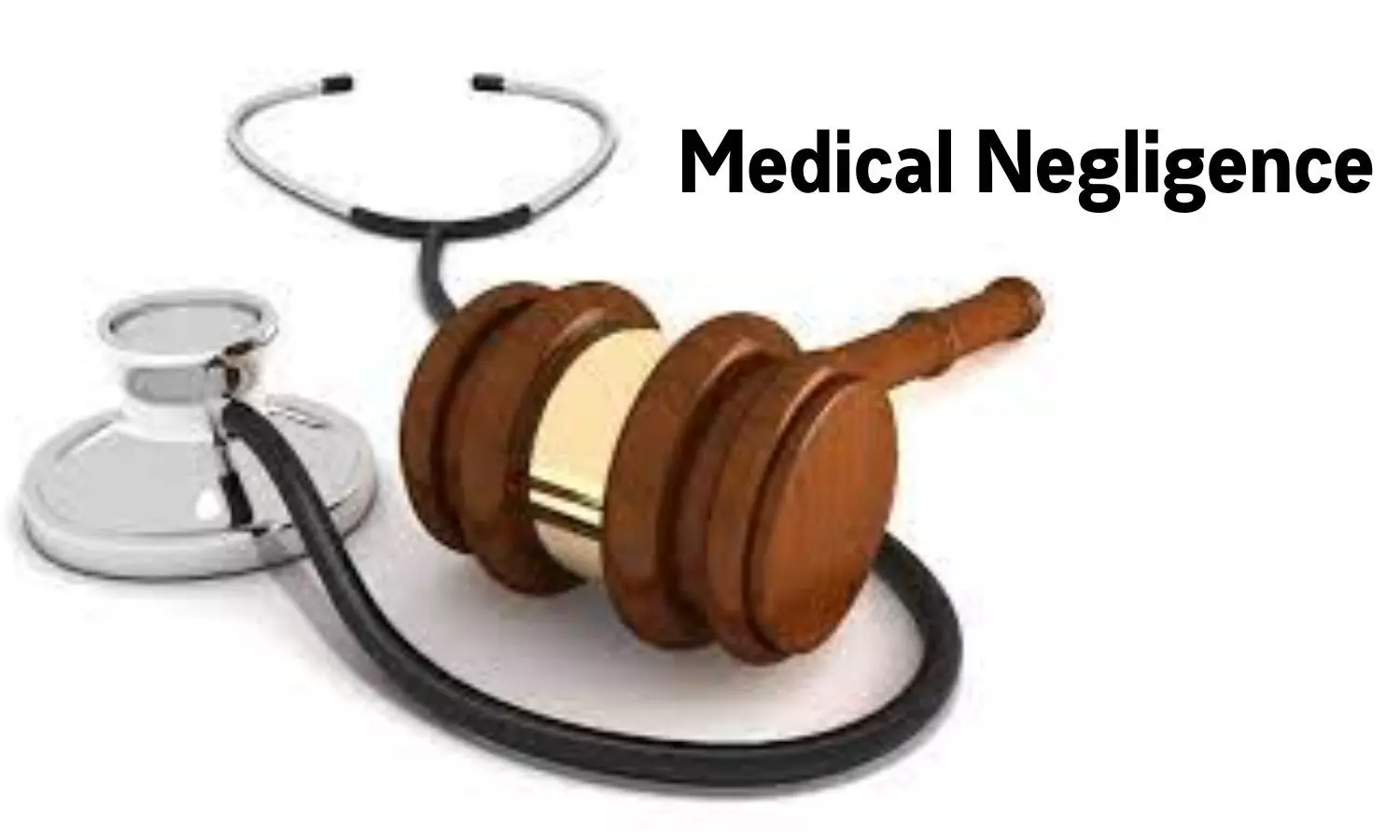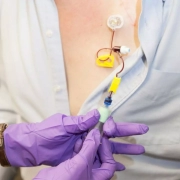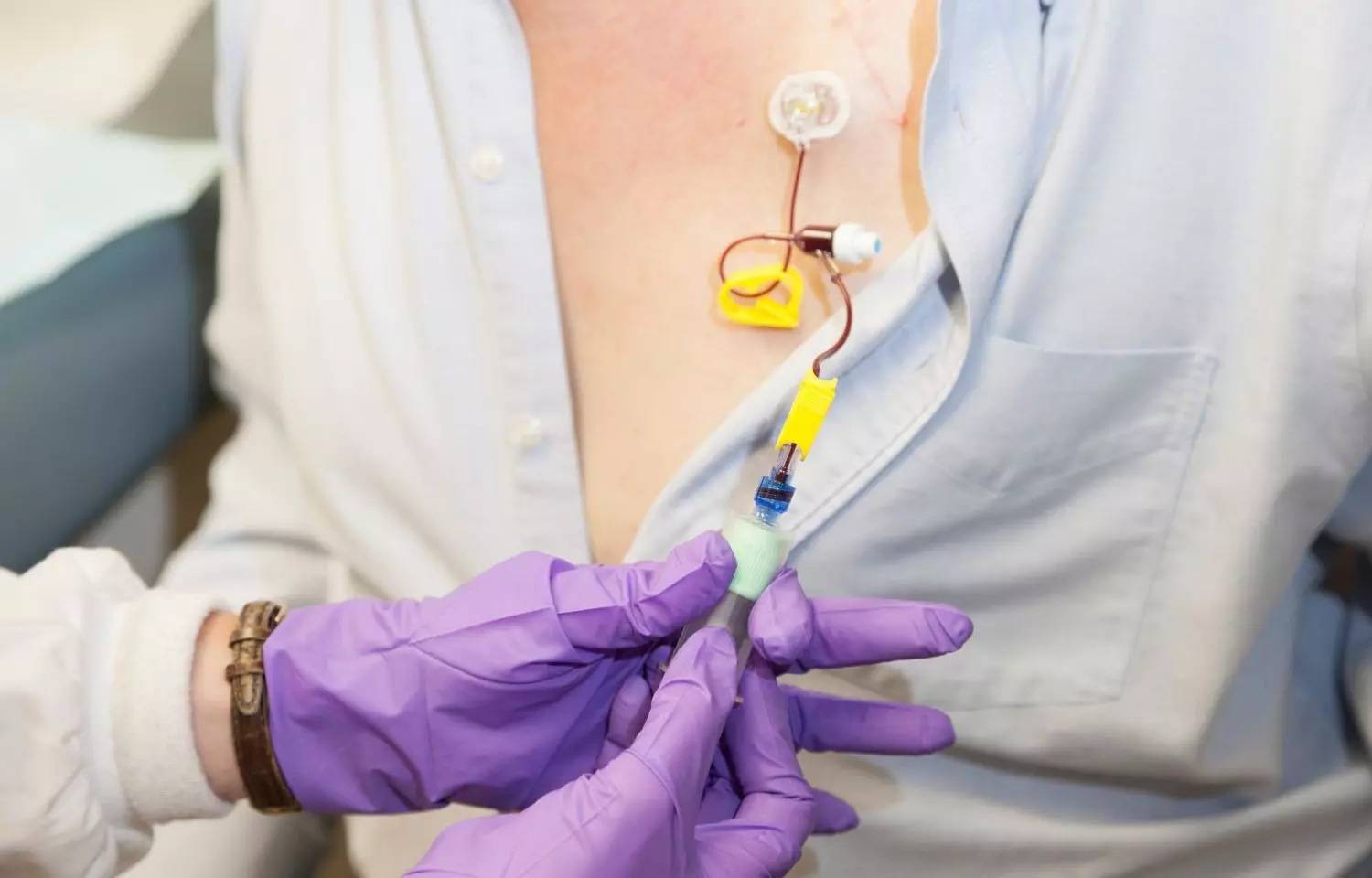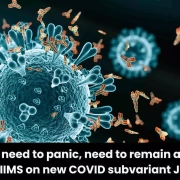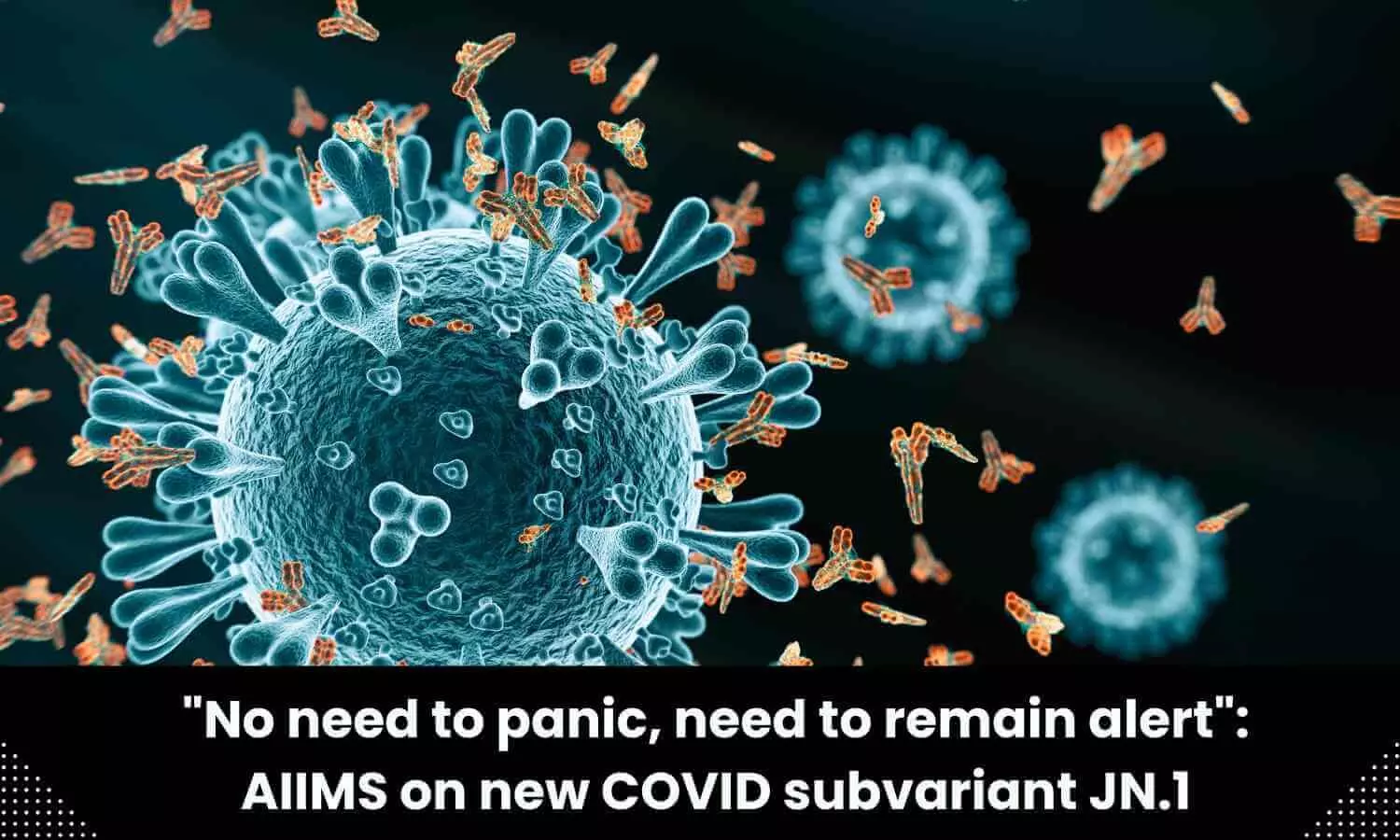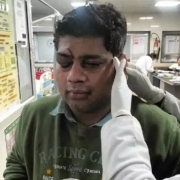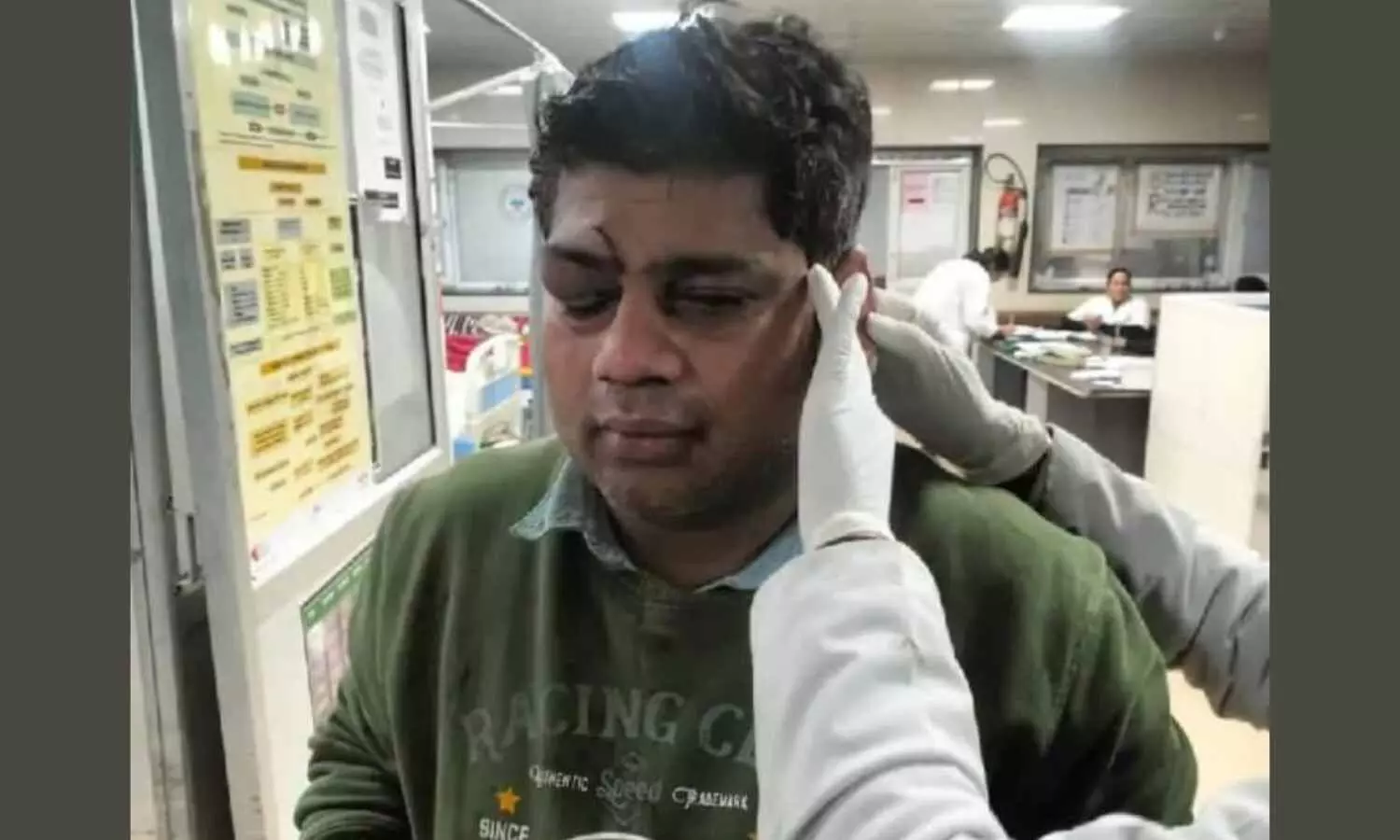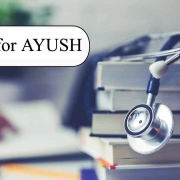
New Delhi: After MBBS and BDS, the National Exit Test (NExT) has also been mandatory for AYUSH courses. This has been confirmed in the newly introduced National Commission for Indian System of Medicine (National Examinations for Indian System of Medicine) Regulations, 2023, which were published in the Gazette notification dated 20.12.2023.
The AYUSH NExT will be held for Ayurveda, Siddha, Unani, and SowaRigpa courses, and without passing the exam, any graduate of Bachelor of Ayurvedic Medicine and Surgery or Bachelor of Unani Medicine and Surgery or Bachelor of Siddha Medicine and Surgery or Bachelor of SowaRigpa Medicine and Surgery, shall not be eligible for enrollment in the State Register or National Register, mentioned the Gazette notification.
As per the Gazette, the NExT exam for the AYUSH courses shall be conducted ordinarily in February and August of every year. However, following the pattern of MBBS and BDS courses, NExT is not going to replace the postgraduate entrance examination for the Ayush PG courses.
It has been mentioned in the notification that an All India Ayush Post-Graduate Entrance Test including aptitude test for respective disciplines of Indian Systems of Medicine shall be conducted by the designated authorities. The PG entrance exam for the AYUSH courses shall ordinarily be conducted in April every year or on the date specified by the Commission for that academic year.
The NCISM Regulations, 2023, have come into force on the date of their publication in the official Gazette i.e. 20.12.2023. The National Commission for the Indian System of Medicine has made these regulations in exercise of the powers conferred by sub-section (1) and clause (h) (i) (j) (k) (l) (m) (n) (o) of sub-section (2) of section 55 of the National Commission for Indian System of Medicine Act, 2020.
National Exit Test (NExT) for AYUSH:
According to the Gazette notification, a National Exit Test of each discipline such as Ayurveda, Siddha, Unani and SowaRigpa of the Indian System of Medicine shall be conducted by the Commission through a designated authority.
It further mentioned that the NExT exam for AYUSH shall be held for granting license to practice as medical practitioner of respective discipline of the Indian System of Medicine and to get enrolled in the State Register or National Register as a registered medical practitioner of the Indian System of Medicine after completing the one-year internship.
“The examination shall be problem based to test the clinical competency, understanding of medical ethics and the ability to deal with medico-legal cases as a medical practitioner in the discipline Ayurveda, Unani, Siddha and Sowa-Rigpa, as the case may be,” mentioned the Gazette. Further, it mentioned that the NExT exam shall be conducted ordinarily in the month of February and August of every year.
Eligibility to Appear in the National Exit Test:
As per the Gazette, the eligibility to appear in the National Exit Test shall be as under:
(a) an intern who has completed minimum two hundred and seventy days of internship as on closing date of the submission of the application for National Exit Test; or
(b) graduates of Ayurveda, Siddha, Unani and Sowa-Rigpa who have completed one-year compulsory internship; or (c) Foreign nationals whose medical qualification has been recognized under section 36 of the Act.
The Gazette notification clarified that “Without qualifying National Exit Test, any graduate of Bachelor of Ayurvedic Medicine and Surgery or Bachelor of Unani Medicine and Surgery or Bachelor of Siddha Medicine and Surgery or Bachelor of SowaRigpa Medicine and Surgery, shall not be eligible for enrollment in the State Register or National Register, as the case may be.”
There shall not be any limit for attempts to appear in the National Exit Test and the candidates, securing fifty percent and above shall be declared as qualified in the National Exit Test and the list of qualified candidates shall be displayed on the website of the Commission.
Following this, the qualified candidates shall be eligible to get registered as medical practitioners only after completing the one-year compulsory rotatory internship subject to the fulfillment of the criteria specified by the Board of Ethics and Registration for Indian System of Medicine.
The Gazette mentioned that the graduation degree of the candidate who could not qualify the National Exit Test, shall be considered for all other job opportunities and other educational programs or courses where medical registration is not mandatory.
“Qualifying in National Exit Test and getting enrolled in a State Register and National Register, as the case may be, shall be the essential requirement for practicing as a registered medical practitioner or for any job where clinical work is involved or for any job where medical registration is mandatory or to pursue post graduate course in Ayurveda, Siddha, Unani and Sowa-Rigpa,” stated the notification.
According to the Gazette, the Technical Committee for the NExT shall consist of-
(i) Controller of Examinations – Chairperson;
(ii) Nominee from designated agency – Member;
(iii) Member, Board of Ayurveda – Member;
(iv) Member, Board of Unani, Siddha and Sowa-Rigpa – Member;
(v) Member, Board of Ethics and Registration for Indian system of Medicine – Member;
(vi) Four Experts – one each from Ayurveda, Siddha, Unani and Sowa-Rigpa– Member;
(vii) Health Education Technologist – Member; and
(viii) Deputy Controller of Examinations – Member Secretary.
Terms of reference:
(i) the term of the committee shall be for four successive examinations or re-constitution of the committee by the Commission, whichever is earlier;
(ii) the Committee shall meet as required;
(iii) the Committee can co-opt any expert member as per the requirement and with the approval of the President, Board of Ayurveda or President, Board of Unani, Siddha and Sowa-Rigpa, as the case may be;
(iv) the Committee shall specify the syllabus and develop the ‘blue print’ of the question paper for every examination; (v) the Committee shall identify experts and moderators for question paper setting;
(vi) the Committee shall coordinate with the assigned agency for conducting examination;
(vii) the committee prepare required information brochure and guidelines; and
(viii) the Committee shall ensure the confidentiality of the matters connected with the examinations.
National Eligibility-Cum-Entrance Test for Ayurveda, Unani and Siddha:
The notification mentioned that the National Eligibility-cum-Entrance Test for admission in undergraduate courses of Ayurveda, Siddha and Unani (ASU) shall be conducted in each academic year by the National Commission for Indian System of Medicine through the National Testing Agency or by any other agency designated by the Commission.
Eligibility Criteria:
The eligibility criteria for appearing National Eligibility-cum-Entrance Test examination and admission in undergraduate courses of Ayurveda, Unani and Siddha shall be, as specified in regulation National Commission for Indian System of Medicine (Minimum Standards of Undergraduate Ayurveda Education) Regulations, 2022, the National Commission for Indian System of Medicine (Minimum Standards of Undergraduate Unani Education) Regulations, 2022 and the National Commission for Indian System of Medicine (Minimum Standards of Undergraduate Siddha Education) Regulations, 2022 respectively.
Further, the Gazette mentioned that the process of counseling and admissions to undergraduate courses of Ayurveda, Unani and Siddha shall be as per the National Commission for Indian System of Medicine (Minimum Standards of Undergraduate Ayurveda Education) Regulations, 2022, the National Commission for Indian System of Medicine (Minimum Standards of Undergraduate Unani Education) Regulations, 2022 and the National Commission for Indian System of Medicine (Minimum Standards of Undergraduate Siddha Education) Regulations, 2022 and the guidelines issued by the Commission from time to time.
National Eligibility-cum-Entrance Test to Sowa-Rigpa:
As per the Gazette notification, the Commission shall conduct an independent National Eligibility-cum-Entrance Test to undergraduate course of Sowa-Rigpa. This entrance test shall be conducted every year through designated authority or agency or institute for the admission to the undergraduate course of Sowa-Rigpa in all SowaRigpa institutions. The examination shall be conducted offline or the mode as specified by the Commission from time to time.
Eligibility Criteria:
The eligibility criteria for appearing National Eligibility-cum-Entrance Test for Sowa-Rigpa and admission to undergraduate courses of Sowa-Rigpa institution shall be as specified in the National Commission for Indian System of Medicine (Minimum Standards of Undergraduate Sowa-Rigpa Education) Regulations, 2022.
“An All-India common merit list of the eligible candidates shall be prepared on the basis of the marks obtained in National Eligibility-cum- Entrance Test for Sowa-Rigpa and the qualified candidates shall be considered for admission to undergraduate course as specified in the National Commission for Indian System of Medicine (Minimum Standards of Undergraduate Sowa-Rigpa Education) Regulations, 2022 and such merit list shall be applicable for that particular academic session only,” mentioned the Gazette.
It further added that the process of counselling and admissions in the undergraduate courses of Sowa-Rigpa shall be as per the National Commission for Indian System of Medicine (Minimum Standards of Undergraduate Sowa-Rigpa Education) Regulations, 2022 and admission guidelines issued by the Commission from time to time.
As per the Gazette, the institution of Sowa-Rigpa shall submit the details of admitted students as per the Appendix-V of the Regulations or as may be specified by the Commission, on or before cut-off date for admission into Sowa-Rigpa institution for verification.
Technical Committee for National Eligibility-cum-Entrance Test for Sowa-Rigpa:
The panel shall consist of-
(i) Controller of Examinations – Chairperson;
(ii) Nominee from designated agency as Director, National Eligibility-cum-Entrance Test for SowaRigpa – Member;
(iii) Nominee from designated agency as Chief Co-ordinator, National Eligibility-cum-Entrance Test for Sowa-Rigpa – Member;
(iv) Member, Board of Unani, Siddha and Sowa-Rigpa – Member;
(v) Member, Medical Assessment and Rating Board for Indian System of Medicine – Member;
(vi) Three Experts of Sowa-Rigpa system – Member; and (vii) Deputy Controller of Examinations – Member Secretary
Terms of reference:
(i) the term of the committee shall be for two successive examinations or re-constitution of the committee by the Commission, whichever is earlier;
(ii) the Committee shall meet as required;
(iii) the Committee can co-opt any expert member as per the requirement and with the approval of the President, Board of Unani, Siddha and Sowa-Rigpa;
(iv) the Committee shall specify the syllabus and develop a ‘blue print’ of the question paper for every examination;
(v) the committee shall prepare the schedule of entire examination events;
(vi) the committee shall prepare the list of chief superintendent of exam centres, National Commission for Indian System of Medicine observers, experts and moderators for question paper setting and evaluators for evaluating answer scripts;
(vii) the Committee shall coordinate with the assigned agency for conducting examination;
(viii) the committee shall prepare information brochure and examination-counselling-admission guidelines; and
(ix) the Committee shall ensure the confidentiality of the matters connected with the examinations.
All India Ayush Post-Graduate Entrance Test:
Unlike MBBS and BDS courses, NExT exam is not going to replace the Postgraduate entrance examination for AYUSH courses as well. As per the Gazette, the Post-Graduate National Entrance Test as specified in the Act, is also known as All India Ayush Post-Graduate Entrance Test.
The All India Ayush Post-Graduate Entrance Test including aptitude test for respective disciplines of Indian Systems of Medicine shall be conducted by the designated authority. Ordinarily, the All India Ayush Post-Graduate Entrance Test shall be conducted in the month of April every year or on the date as specified by the Commission for that academic year.
Eligibility Criteria:
Undergraduate Degree holders such as Bachelor of Ayurvedic Medicine and Surgery, Bachelor of Unani Medicine and Surgery and Bachelor of Siddha Medicine and Surgery who have completed their internship by 30th of April or as specified by National Commission for Indian System of Medicine from time to time shall be eligible for appearing All India Ayush Post-Graduate Entrance Test.
Further, the Gazette mentioned that at the time of admission, the candidate shall have enrolled or registered as a medical practitioner in State Register or Union Territory Register or National Register, as the case may be.
Results and Counselling:
All India Ayush Postgraduate Entrance Test results shall be declared separately for each discipline such as Ayurveda, Siddha and Unani by the designated authority and the results thus declared shall be valid for that academic year only.
Regarding the process of counselling, the Gazette mentioned that the counselling and admissions to the PG courses of Ayurveda, Siddha and Unani shall be as per the guidelines specified by the Commission from time to time.
Technical Committee for All India Ayush Post-Graduate Entrance Test:
The panel shall consist of-
(i) Controller of Examinations – Chairperson;
(ii) Nominee from designated agency – Member;
(iii) Member, Board of Ayurveda – Member;
(iv) Member, Board of Siddha, Unani and Sowa-Rigpa – Member;
(v) Member, Medical Assessment and Rating Board for Indian System of Medicine – Member;
(vi) Health Education Technologist – Member;
(vii) Three Experts – one each from Ayurveda, Siddha and Unani – Member; and
(viii) Deputy Controller of Examinations – Member Secretary.
Terms of reference:
(i) the term of the committee shall be for two successive examinations or re-constitution of the committee by the Commission, whichever is earlier;
(ii) the Committee shall meet as required;
(iii) the Committee can co-opt any expert member as per the requirement and with the approval of the President, Board of Ayurveda or President, Board of Unani, Siddha and Sowa-Rigpa, as the case may be ;
(iv) the Committee shall specify the syllabus and develop a ‘blue print’ of the question paper for every examination;
(v) the Committee shall identify experts and moderators for question paper setting;
(vi) the Committee shall coordinate with the assigned agency for conducting examination;
(vii) the committee shall prepare required information brochures and guidelines; and
(viii) the Committee shall ensure the confidentiality of the matters connected with the examinations
Also Read: Soon: NExT exam for BDS, Bill Introduced in Parliament



